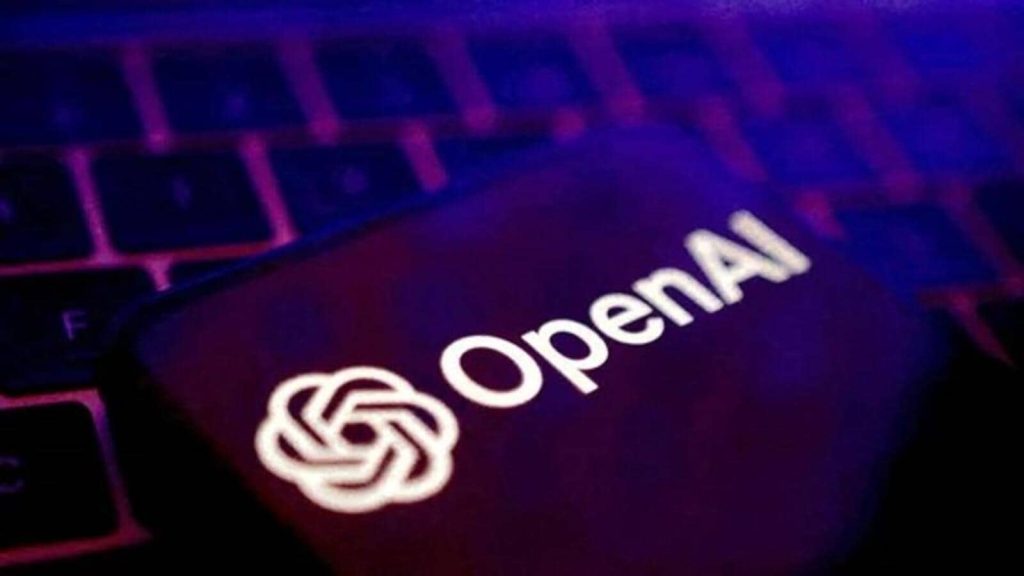The OpenAI Education Summit in Delhi on Monday was held as a pre-event to the AI Action Summit that India will host in February 2026. A person aware of the matter told HT that OpenAI plans to organise more such events in the run-up to the Summit.

At the event, the company announced the OpenAI Learning Accelerator, an India-first initiative focused on research, access, and training in education. The programme includes a $500,000 ( ₹4.25 crore) research collaboration with IIT Madras, distribution of around half a million ChatGPT licenses to students and teachers in partnership with the ministry of education, All India Council for Technical Education (AICTE), and industry group Arise, and training programmes for educators.
The AI Impact Summit, which India will host next year, is scheduled for February 19–20 at Bharat Mandapam in New Delhi. The two-day event is expected to draw heads of State and top executives from major technology companies, with names like Sam Altman and Sundar Pichai on the list.
Calling ChatGPT the largest learning platform in the world, Leah Belsky, vice-president of education at OpenAI, said the effort was intended to strengthen learning outcomes while supporting teachers. India is the company’s second-largest market after the US, with student usage of ChatGPT tripling in the past year.
The company also announced the appointment of Raghav Gupta, former managing director of Coursera India, as its head of education for India and Asia Pacific. Gupta said the focus would be on expanding access to AI tools and working with schools, universities, and government bodies.
Government officials present at the event welcomed the initiative. Harikumar Janakiraman, director of digital education at the ministry of education, said the partnership between OpenAI and the ministry would help extend AI access to teachers in government schools. Abhishek Singh, additional secretary at the ministry of electronics and information technology (MeitY) noted that the open-source ecosystem is growing with models such as Llama, Mistral, GPT open-source, and the recently announced Grok 2.5. “When that happens, we are able to collectively leverage the power of technology to build applications,” Singh said, adding that OpenAI was returning to its founding philosophy of openness, with its decision to launch an open-source version.
Also present at the event was Anand Kumar, founder of Super-30, a programme started in Bihar to train 30 students for IITs’ entrance exams. Kumar said that teachers should adapt to new technologies to remain effective in classrooms. “When I started earning, I bought a computer, and I may have been the first person in Patna to have an internet connection. Today, there are concerns about AI leading to job losses and unemployment, but no teacher should be afraid of technology,” said Kumar, during a panel at the Summit. “We must embrace and invest in new tools. Unless teachers are trained in the latest technology, how will they prepare their students for the future?”
Pragya Misra, head of policy India at OpenAI, said that many students in India are using study mode in ChatGPT, a newly launched mode which offers step by step guidance instead of quick answers.
The announcements come shortly after OpenAI said it would open its first India office in New Delhi later this year. Altman is expected to visit India next month to review operations and explore further agreements with the government, according to people familiar with the matter.
The company has also launched an India-specific ChatGPT subscription plan at ₹399 per month, integrated with UPI payments, and is hiring for sales roles.

